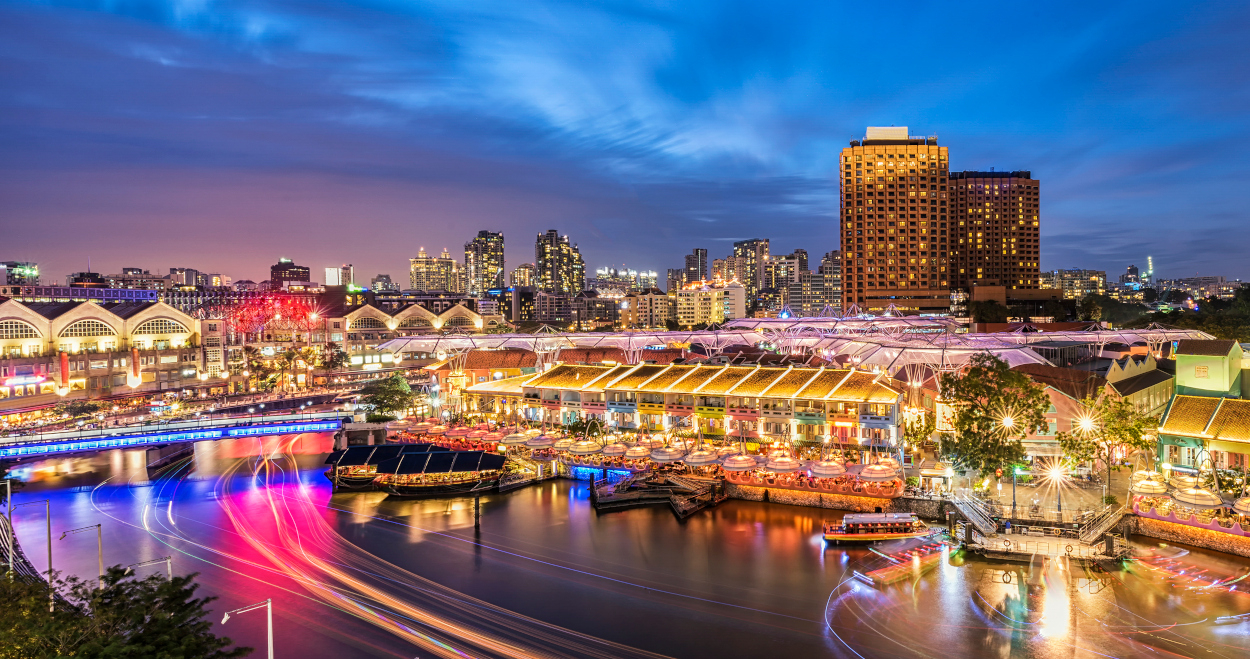Singapore: Challenging outlook amid poor international climate

Event
Singapore’s economy is into a slowdown mode on the back of weakening global demand, heightened geopolitical risks, tight monetary policy and inflation pressures. As a result, this year, Singapore will record its poorest growth performance since 2009 (excluding the sharp recession in 2020 due to the Covid shock). The outlook for 2024 is slightly stronger but exposed to many uncertainties.
Impact
Singapore’s economic momentum remains weak. The very open economy is indeed heavily exposed as exports have to battle major headwinds hitting the international environment. After a strong post-Covid recovery in 2021 (+8.9%) and 2022 (+3.6%), the economy has been suffering from a weakening global demand. Hence, real GDP is expected to grow by a mere 1% this year. The forecast of a relative surge of 2.1% in 2024 will much depend on the evolution of the main downside risks fuelling the global economic slowdown and hitting global trade. Geopolitical risks dominate with the fallout from the conflicts in the Middle East and in Ukraine and rising trade restrictions amid US-China competition. Furthermore, the impact of the high cost of living hitting western demand for manufactured (electronics) goods – as well as the weak Chinese demand – high domestic interest rates and energy prices (hitting domestic demand) could keep Singapore’s economic activity at low levels. In the medium to long term, Singapore could be much exposed to the reshoring of supply chains, as geoeconomic fragmentation is expected to affect global trade and could prove to be a difficult balancing act for Singapore’s economic and financial attractiveness and openness.

On the other side, Singapore’s economy could benefit from a more supportive tourism sector and moderate inflation (fluctuating around 4% since the summer). Moreover, expanding trade integration in the Asian region and the government’s aim for Singapore to become a hub for AI development are likely to be positive factors for the very open and innovative economy in the coming years.
Furthermore, political stability is expected to persist in the city-state, as strong economic performances usually benefit the longstanding ruling People's Action Party (PAP). However, some recent developments have come as a warning for the PAP’s strong position. First, this year’s corruption scandals among officials have tarnished the PAP’s image. Secondly, the very high cost of living – in a city-state where residential property prices are among the world’s highest – has harmed the middle-class while wealth inequalities keep widening. Those factors could benefit the opposition Workers’ Party and threaten the broad support for the PAP at the 2025 parliamentary elections, in which incumbent PM Lee Hsien Loong said he will not seek a new mandate.
Despite the negative economic outlook, Credendo’s risk ratings are not expected to change in the near future given Singapore’s strong macroeconomic fundamentals.
Analyst: Raphaël Cecchi – r.cecchi@credendo.com